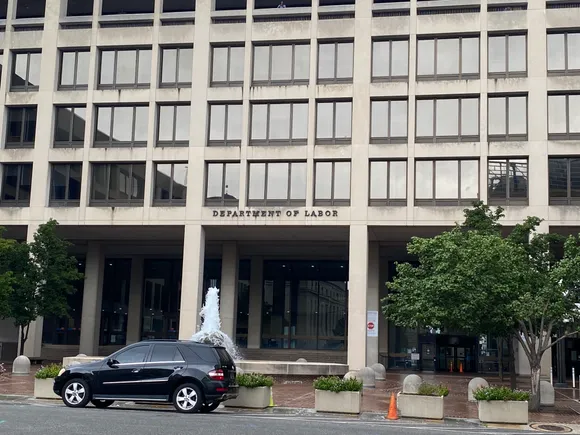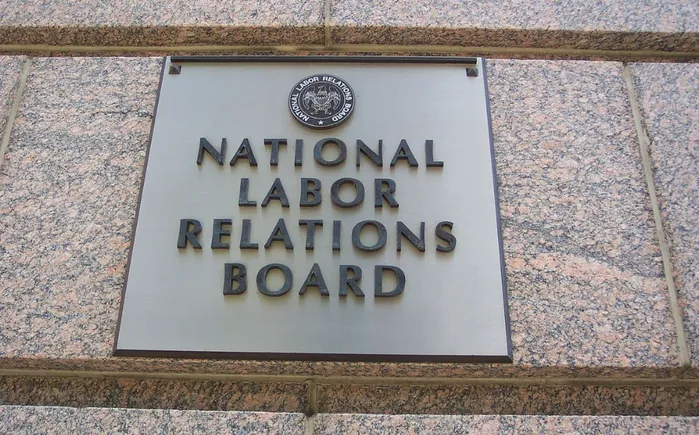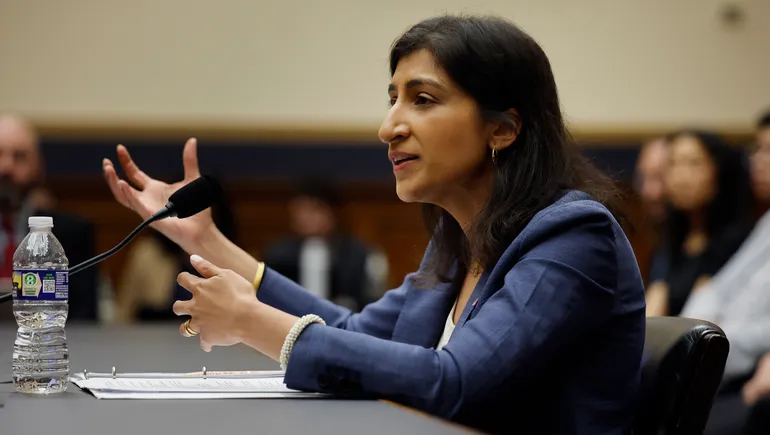Dive Brief:
- Employers may not require employees to use employer-provided paid leave during a portion of Family and Medical Leave Act leave that is run concurrently with leave under a state or local paid family or medical leave program, the U.S. Department of Labor’s Wage and Hour Division said in a Jan. 14 opinion letter.
- However, the employer and employee may agree to use employer-provided paid leave to supplement payments under a state or local leave program if those payments do not fully compensate employees for their FMLA-covered leave — as long as the state or local law permits such an arrangement, DOL said.
- Employers may not count state or local paid family leave used for non-FMLA-qualifying purposes toward an employee’s FMLA leave entitlement, the agency added. If state or local leave runs out before the employee exhausts their full FMLA entitlement, the employee is still entitled to the FMLA’s protection, DOL said.
Dive Insight:
The opinion letter hits on a compliance topic that is of routine concern to employers, especially given the increase in state and local paid leave laws. Such laws are due to grow even more numerous thanks to ballot initiatives approved in November’s U.S. elections.
Though FMLA may run concurrently with certain state and local laws, attorneys who previously spoke to HR Dive said that qualification standards for such laws can be more generous than those of the FMLA. This can limit the extent to which employers run separate leaves concurrently and, as DOL noted in its opinion letter, the ability of employers to require employees to use employer-provided leave while taking FMLA-eligible leave.
In an analysis published Jan. 15, attorneys at Littler Mendelson said that arrangements in which workers “top up” their state or local paid family or medical leave with accrued paid leave benefits from their employers may be “administratively burdensome or complicated to calculate.”
However, a few state paid family and medical leave programs allow employees to use accrued paid leave benefits as supplementation without the employer’s consent, which employers might want to note, the attorneys said.
DOL’s notice provides insight into its interpretation of the FMLA’s statute just weeks after attorneys told HR Dive that the agency has broadened the scope of its FMLA investigations.






Leave a Reply